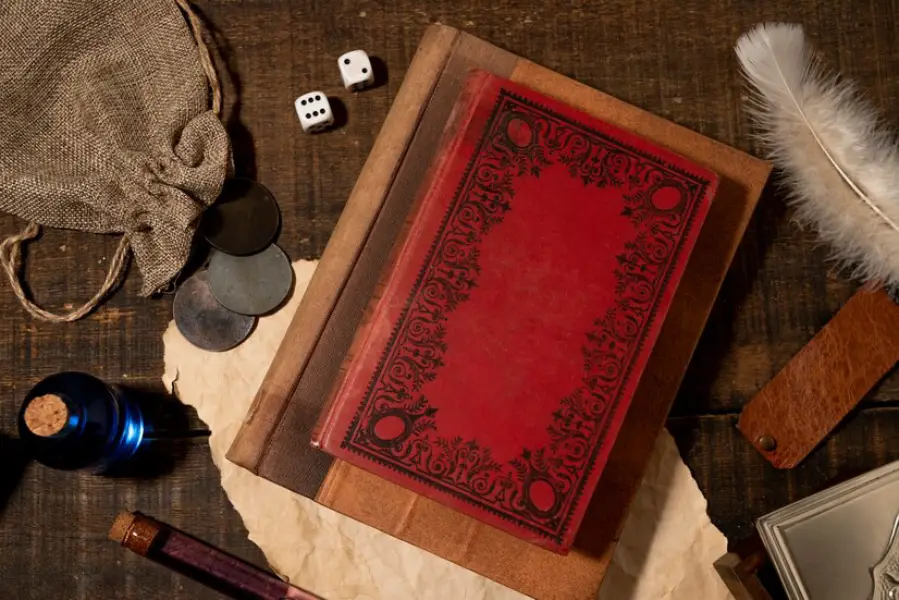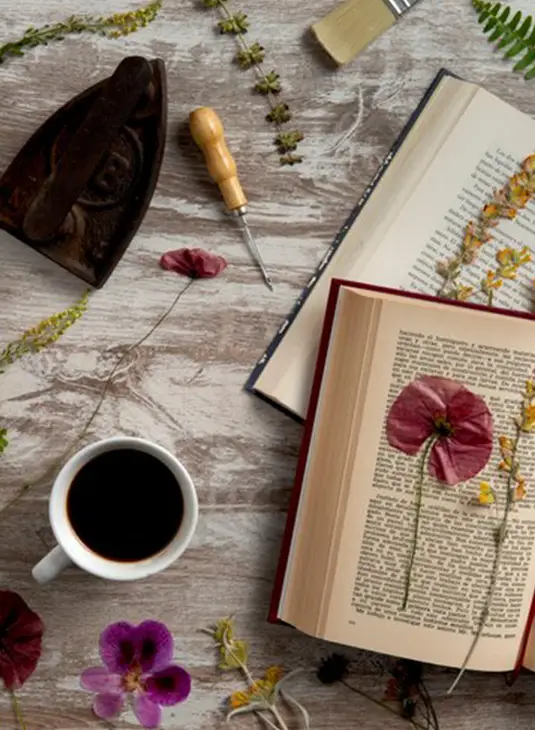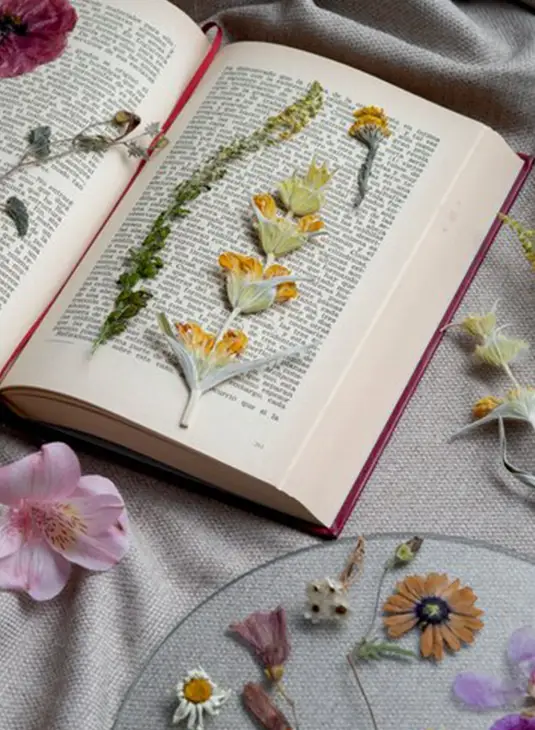Persian Poetry Books
Home » Persian Literature & Books » Buy Persian Books » Persian Poetry Books

- Persian Poetry Books
Exploring Persian Poetry Books: A Journey Through Timeless Verses
Persian poetry stands out for its elegance and depth, offering a unique blend of beauty and wisdom. If you’re looking to buy Persian poetry books, you’re about to explore a rich literary tradition that has inspired readers for centuries. Persian poetry is more than just literature; it’s a cultural and spiritual experience.
In this blog, we will delve into the charm of Persian poetry books, highlight key poets, and offer guidance on where to find these literary gems.
The Allure of Persian Poetry Books
Persian poetry is renowned for its lyrical quality and philosophical depth. The works of Persian poets often explore themes of love, spirituality, and human existence, providing readers with profound insights.
Themes in Persian Poetry
- Love: Persian poetry frequently explores both earthly and divine love. These poems are celebrated for their emotional intensity and beauty.
- Mysticism: Influenced by Sufism, many Persian poets weave mystical themes into their verses, offering spiritual reflections and wisdom.
- Philosophy: Persian poetry often addresses ethical and philosophical questions, providing timeless wisdom on various aspects of life.
Notable Persian Poets
When you decide to buy Persian books, particularly poetry collections, consider exploring the works of these celebrated poets:

Rumi: The Mystic Poet
Jalaluddin Rumi is a central figure in Persian literature known for his spiritual poetry. His work, Masnavi, is considered one of the greatest mystical texts, offering deep insights into love, unity, and the divine.
Why Read Rumi?
- Rumi’s poetry is renowned for its spiritual depth and universal appeal.
- His works are available in numerous translations, making them accessible to a wide audience.
Hafez: The Poet of Romance
Hafez’s Divan-e-Hafez is a classic collection of ghazals that explore themes of love, beauty, and the ephemeral nature of life. His poetry is known for its lyrical beauty and emotional depth.
Why Buy Hafez’s Books?
- Hafez’s verses are celebrated for their poetic elegance and philosophical insight.
- Many Persian poetry books feature his work, often with elaborate illustrations.
Saadi: The Poet of Morality
Saadi’s Gulistan and Bustan are well-known for their moral and philosophical teachings. Saadi’s poetry combines simplicity with profound wisdom, making it accessible and impactful.

Why Buy Saadi’s Works?
- Saadi’s poems offer practical wisdom and ethical reflections.
- His books are valuable for readers interested in Persian literature with moral insights.
Where to Buy Persian Poetry Books
If you want to buy Persian literature, there are several sources to explore:
Online Retailers
Many online platforms specialize in Persian literature and offer a range of Persian poetry books. These sites provide both original texts and translations, catering to various preferences.
Specialty Bookstores
For rare and antique editions, consider visiting specialty bookstores focused on Middle Eastern literature. These stores often have unique collections and knowledgeable staff.
Conclusion
Investing in Persian poetry books connects you with a profound literary tradition that combines beauty and wisdom. Whether you’re interested in Rumi’s mystical insights, Hafez’s romantic verses, or Saadi’s ethical teachings, exploring Persian poetry offers a rich and rewarding experience.
By choosing to buy Persian literature, you’re not just acquiring books; you’re engaging with a tradition that has shaped global literary and spiritual thought. Begin your exploration of Persian poetry today and discover the timeless beauty these works offer.
Frequently Asked Questions (FAQs) About Persian Poetry Books
1. What are Persian poetry books?
Persian poetry books feature poetry written in the Persian language, known for its rich tradition and deep themes. These books often include works by famous Persian poets like Rumi, Hafez, and Saadi.
2. Why should I read Persian poetry?
Reading Persian poetry allows you to explore profound themes such as love, spirituality, and wisdom, often expressed in beautiful and lyrical language. It also provides insight into Persian culture and literary history.
3. Where can I buy Persian poetry books?
You can buy Persian poetry books online from specialized retailers or bookstores that focus on Persian and Middle Eastern literature. Many bookstores also offer translations for non-Persian speakers.
4. Who are some famous Persian poets?
Notable Persian poets include Jalaluddin Rumi, known for his mystical poetry; Hafez, celebrated for his romantic ghazals; and Saadi, renowned for his moral and philosophical writings.
5. Are Persian poetry books available in English?
Yes, many Persian poetry books are available in English translation. These translations make Persian poetry accessible to a global audience while preserving the essence of the original works.
6. What themes are commonly found in Persian poetry?
Persian poetry often explores themes of love, mysticism, philosophy, and the nature of existence. The poetry can range from romantic and spiritual to ethical and reflective.
7. How can I choose a Persian poetry book?
Consider the poet and theme that interest you. If you enjoy mystical poetry, Rumi’s works are a great choice. For romantic themes, Hafez’s poetry might appeal to you. Look for well-reviewed editions and translations.
8. Are there special editions of Persian poetry books?
Yes, special editions of Persian poetry books may include annotated texts, historical introductions, or beautifully illustrated copies. These editions often provide additional context and enhance the reading experience
9. Can I find Persian poetry books at local bookstores?
Local bookstores may carry Persian poetry books, especially those with a focus on international literature or specialized sections. However, online retailers often have a broader selection.
10. How can I start reading Persian poetry?
Begin with well-known poets like Rumi or Hafez. Explore translations and annotated editions to understand the context and themes. Gradually, you might also learn about the Persian language to appreciate the poetry in its original form.